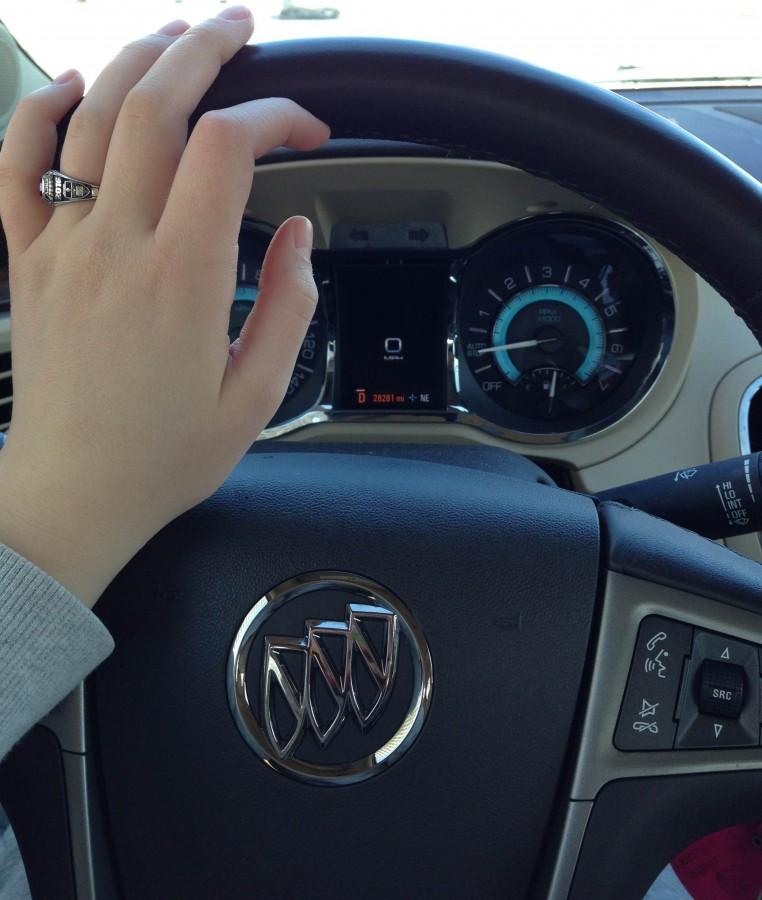Driverless cars are no longer only found in Sci-Fi
In a society that strives to obtain more by doing less, it is no surprise that the future of automobiles is headed in the same direction.
Today, consumers are able to purchase cars with features similar to those of driverless cars. Parallel parking assistance, front/side cameras alerting the driver when cars are around them, and assisted braking are only some of the ‘driverless’ features found on the market.
Although driverless cars seem very futuristic, CNN reports that Google has hopes to have its model of the driverless car on the roads before the end of the decade. Google unveiled its latest version of a driverless car in late December of 2014. This version contains removable, temporary controls in case of an emergency allowing for human intervention. Google hopes to completely remove these controls leaving those in the car able to take naps, and enjoy leisure time while the car does all the work.
In addition to Google, Toyota, Nokia, Audi, and Lexus are experimenting with autonomous technology and improving its safety and efficiency.
The benefits of driverless cars are sure to outweigh the few disadvantages. As far as safety goes, driverless cars are the superior option. Despite those who feel that they are invincible in the car, everyone makes mistakes. Technology, however, makes less mistakes.
“Computers aren’t perfect. If something were to go wrong they might not know how to fix it or stop it before an accident is caused,” said Mercy senior Phoenix Dempster.
This is a major concern for many, and is something being addressed by engineers.
Accidents caused by distractions (i.e. texting while driving, other people, animals, etc.) will all but disappear. Also, accidents caused by falling asleep at the wheel, drinking and driving, and careless errors on behalf of drivers will subsequently be eliminated as well.
Driverless cars will be programmed to sense the actions of all those around it, eliminating any danger of blind spots for drivers. Rand Corp. reports that as of March 2013 Google has tested its driverless car for over 500,000 miles on public roads without incurring a single crash.
The World Health Organization reports that an average 1.2 million people are killed worldwide each year from car crashes, making driverless cars seem all the more attractive.
Driverless cars would also provide the elderly and disabled with increased mobility. With freedom being an ever so treasured aspect of the average American life, this freedom to travel independently would come as a great pleasure to these groups.
Dempster questions whether driverless cars will cause people to disengage from the driving experience as a whole. This disengaging all together with the operation of vehicles has the potential for very dangerous consequences if a malfunction takes place.
An additional benefit of driverless cars is the potential for increased carpooling and less time spent driving and on congested roadways. This will largely reduce pollution and the dreaded rush-hour traffic.
Presumably within the next decade, the Mercy community will be able to stop focusing on the road and start enjoying the early-morning commute.







